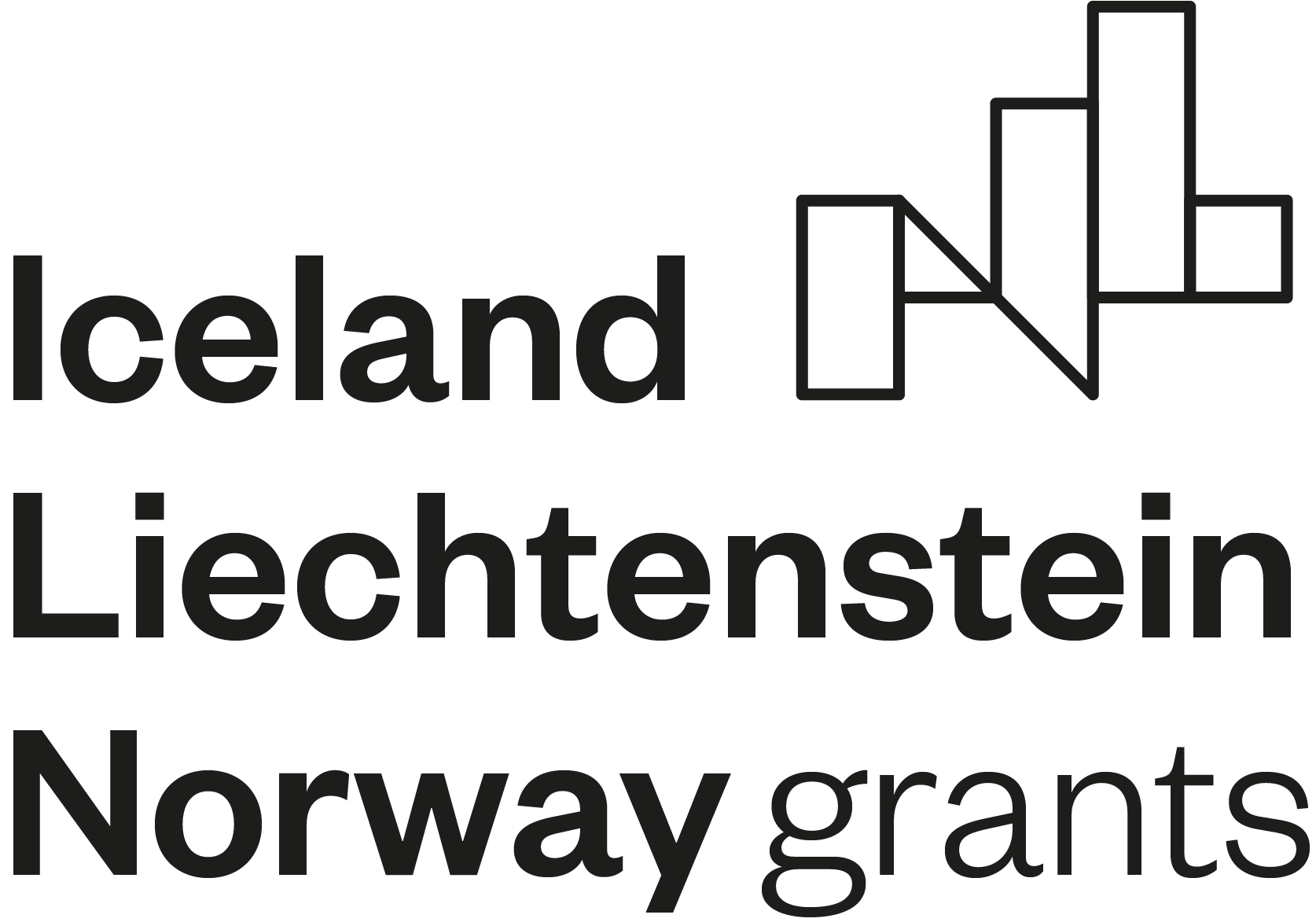 The Programme “Good Governance, Institutions, and Transparency” of the EEA Grants 2014-2021
The Programme “Good Governance, Institutions, and Transparency” of the EEA Grants 2014-2021
The programme includes three projects referred to as “predefined” because they were broadly outlined in the Memorandum of Understanding. The projects are implemented by the General Secretariat of Public Administration, the National Transparency Authority, and the Ombudsman.
Ten percent of the programme’s total budget is allocated to management costs, while €100,000 has been allocated by the National Focal Point to the Program Operator for bilateral cooperation projects.
The programme aims to increase transparency and integrity within the Greek public sector as part of the National Integrity System, in collaboration with the OECD. It also focuses on the sector’s digital transformation by enhancing the efficiency of Citizen Service Centers (CSCs) and strengthening the Ombudsman’s role in raising awareness and combating maladministration, in cooperation with the EU Agency for Fundamental Rights (EU FRA).
Why was the programme needed?
The “Good Governance, Institutions, and Transparency” programme, funded by the EEA Grants, was created to meet the increasing needs of Greek society and public administration for enhanced transparency, reduced bureaucracy, and the promotion of good governance. With support from Iceland, Liechtenstein, and Norway, it offers citizens new possibilities for accessing public services with increased transparency and accountability.
What is the need for the programme and its projects?
The programme addresses the need for greater transparency in public administration, reducing social and economic inequalities, and strengthening bilateral relations. Supported by the EEA Grants, it aims to create a state that serves all citizens effectively, regardless of digital literacy, and reinforces trust in institutions through modern infrastructure and digital tools.
What were the programme’s projects?
The programme included actions covering multiple areas, such as the digital transformation of the state through an integrated system at the CSCs, institutional strengthening with the OECD, and the development of support infrastructure, like the new Ombudsman office in Thessaloniki. These projects combine infrastructure and innovation to enhance social inclusion and integrity in the public sector.
Objectives
The programme’s objective is to promote a public administration characterized by transparency, integrity, and accountability, while empowering citizens to access their rights. The programme also aims to support and promote bilateral relations with donor countries, fostering innovation and energy savings.
What was implemented?
The programme achieved significant developments, such as integrating digital systems into CSCs, handling over 1.3 million transactions. Additionally, digital tools were developed for managing conflicts of interest, and citizens gained more direct access to the Ombudsman, strengthening the rights of residents in Northern Greece.
What were the outcomes?
Outcomes of the programme include improved citizen services, enhanced transparency in public administration, and increased public awareness of citizens’ rights. The operation of new digital infrastructure and institutional structures improved service quality and speed, while educational actions raised awareness among over 1,000 citizens and members of civil society across Greece.
What is and will be the impact?
The programme has a long-term impact on Greek society, promoting transparency, good governance, and social inclusion. Digital infrastructure and access to services strengthen trust in institutions, creating a more efficient and transparent public sector for future generations.
